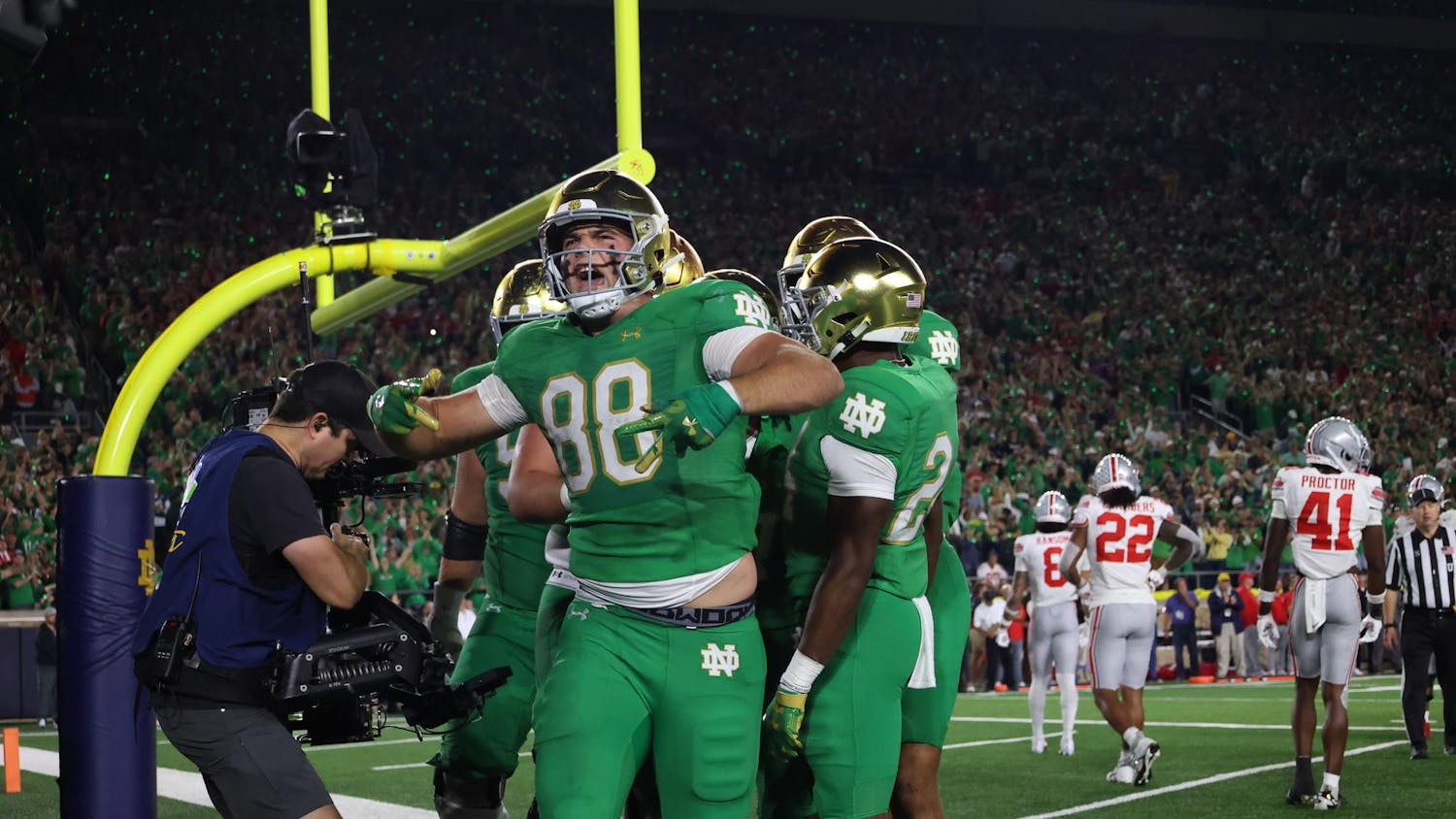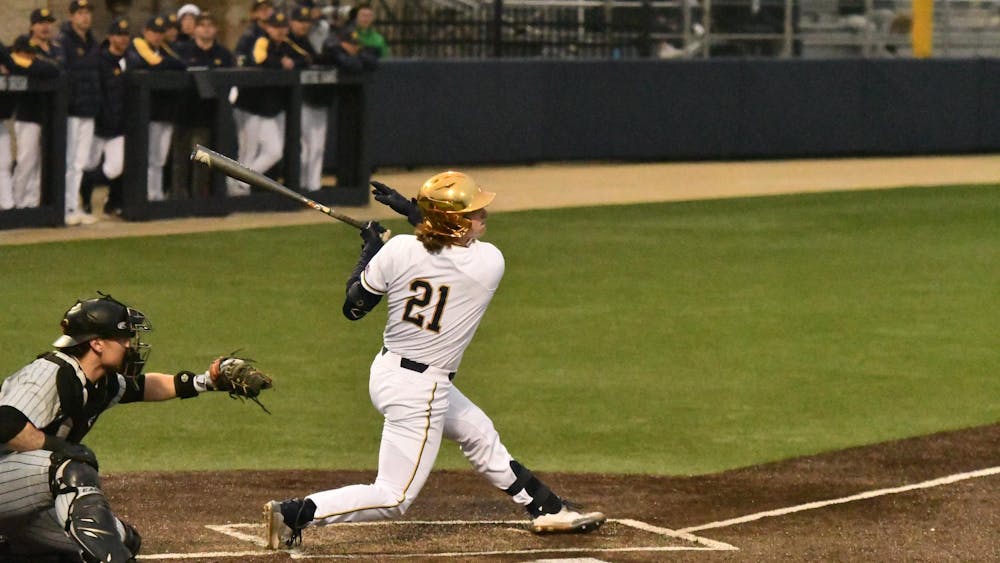We live in a world built on speed. If I don't respond to a text within 10 minutes, I must be kidnapped, dead or incarcerated.

Twenty-four hour news coverage gives us instant reaction and "analysis" to happenings around the world. The same is true in the world of sports, thanks first to ESPN and now the other sports networks trying to cut the pie into multiple pieces.
But we all need to slow down when it comes to instantaneous reaction in sports. I'm as guilty as anyone. I almost wrote this column on the winners and losers from this weekend's NFL Draft. Sure, it's entertaining to grade a team's draft performance much the same way it's entertaining to conduct a mock draft three weeks or months before the actual draft. But that's precisely what such instant "analysis" is: entertainment.
We can't really say whether the Rams filled their needs by drafting Tavon Austin and Alec Ogletree, or if the Chargers got great value in the draft by selecting MantiTe'o, as well as D.J. Fluker and Keenan Allen. We don't know what value is because we don't know much about the marketplace.
The Buffalo Bills chose E.J. Manuel with the 16th overall pick of the draft in a move that was considered a reach by pundits and casual fans alike. I'm not going to pretend I know which of the 11 drafted quarterbacks - or even the undrafted quarterbacks like former Tennessee signal-called Tyler Bray - will turn into Pro Bowlers. The quarterback crop was a crapshoot this season, and Manuel may very well turn into the best of the bunch. I don't fault the choice of the player and I can't even fault the "value" of the pick. There may not have been another team who would have selected Manuel in the top 25 picks, but the Bills don't know that and neither do we.
After the second day of the draft, Bill Belichick was asked if he could have gotten a player later in the weekend. His response? "I don't know what other teams, how they have their boards stacked or anything else. There's no way to predict that - 31 other teams. I think you have to take the players you feel like can help your team. That's what we did." What's more interesting than getting a slightly interesting answer from Belichick is the mindset he has. The Patriots can't perfectly predict what the other teams will do, so is it really fair to say they reached for a player and got bad value? Maybe it is.
But the process of scouting players, ranking them on an overall board and then predicting where they will be drafted is inherently inexact. So too is the performance of players and teams when we get to the games themselves.

Accurately predicting the winners in the NBA Playoffs is just as difficult and chance-driven as analyzing the NFL Draft, especially when the randomness of injuries jumbles what looked like a clear picture at the start of the postseason. Russell Westbrook's knee injury has changed the context of the playoffs, just as Derrick Rose's knee injury and Rajon Rondo's knee injury did earlier in the season.
If at the beginning of the season you had the Lakers making a run to the Western Conference Finals, where they would square off against the Thunder in a riveting series for the right to take on LeBron in the NBA Finals, well, things look a lot different now. No Kobe. No Westbrook.
So why get caught up in the instant analysis enveloping television, Twitter, blogs and newspapers when the Lakers put together what looked like a championship-caliber team? Why get sucked into a mock draft six months before Thursday's first round, or a report card the day after saying this team blew the draft. Don't get me wrong; it's entertaining. But it's purely speculative, fueled by the instantaneous nature of our mass media and our society as a whole.
Who really knows what's on the other 31 draft boards, and who really knows what an injury will mean to a team? More importantly, who knows when such gamechangers will occur?
Chance is a variable often left unaccounted, but it drives the sporting world. And though, by definition, there's no way to predict it, there's always a way to be aware of it.
Contact Mike Monaco at jmonaco@nd.edu
The views expressed in this Sports Authority are those of the author and not necessarily those of The Observer.












